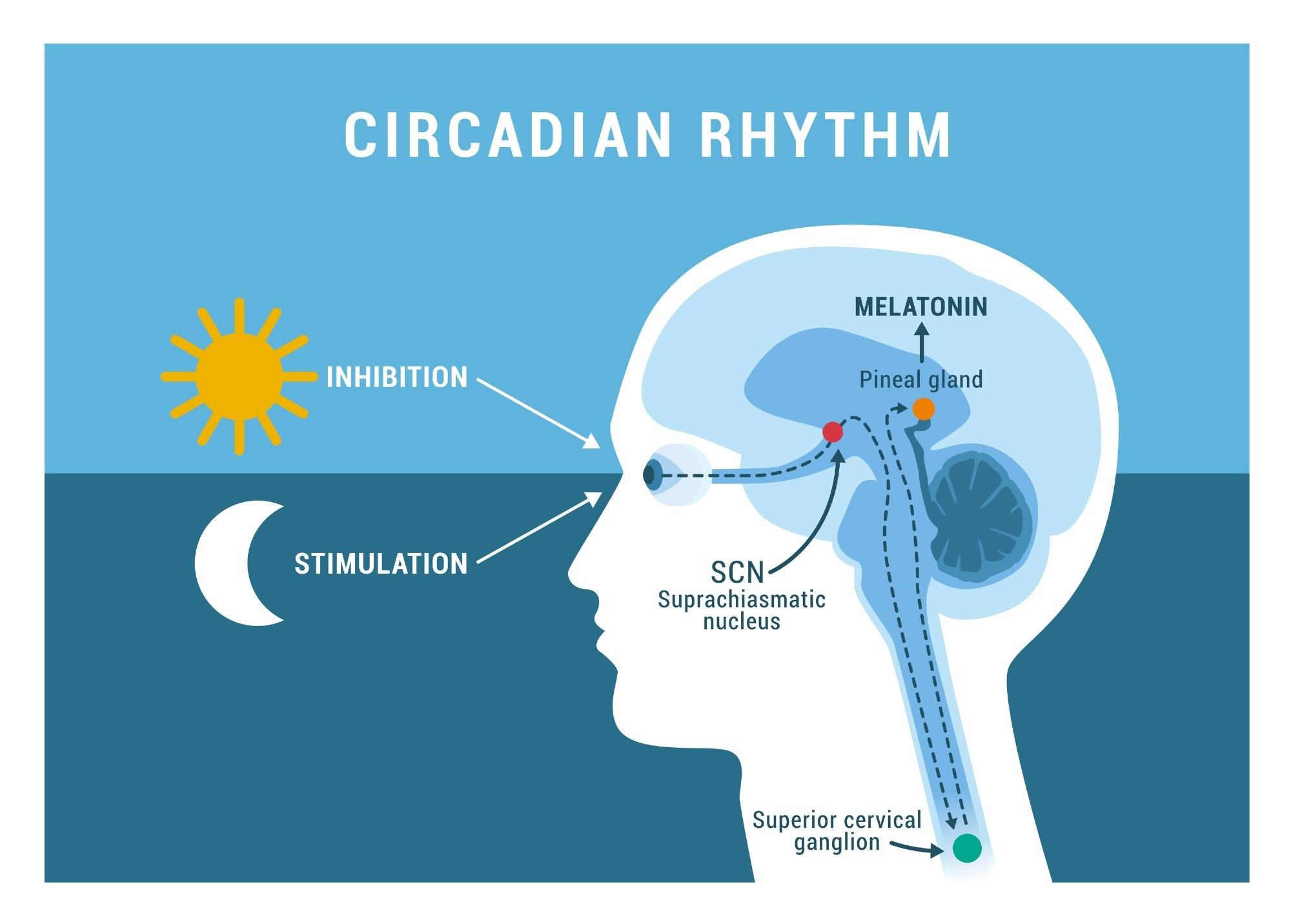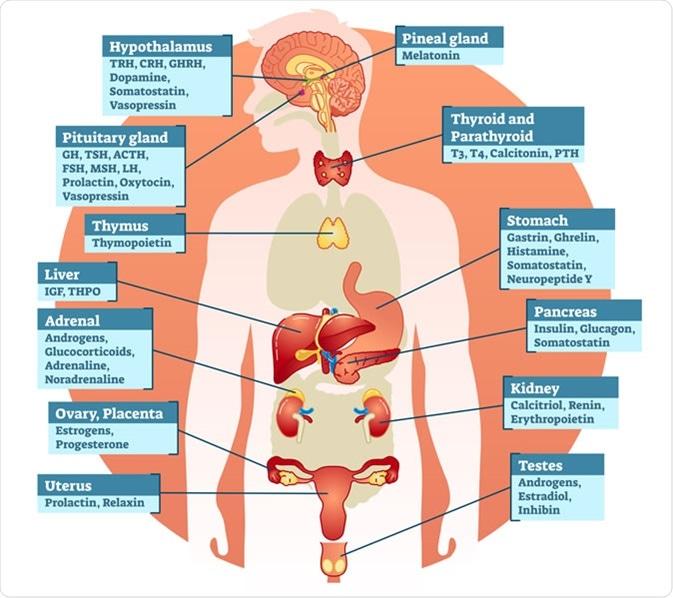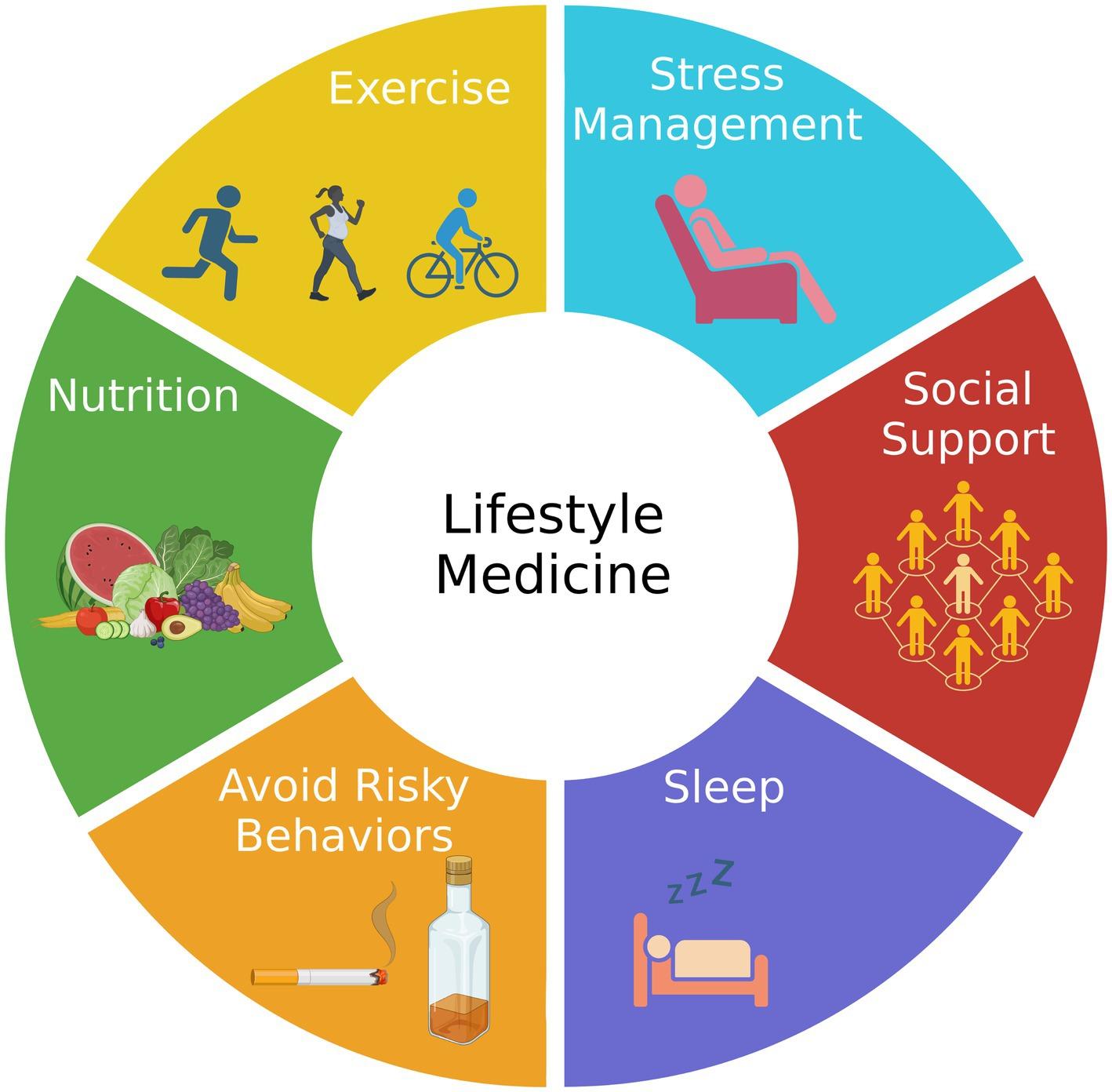In the intricate dance of life, hormones and sleep are two partners whose rhythms can profoundly influence our well-being. As the sun sets and the world quiets, our bodies transition into a delicate balance of rest and restoration.Yet, for many, this harmony remains elusive. Hormonal fluctuations—whether from stress, aging, or lifestyle changes—can disrupt our natural sleep patterns, leaving us restless in the night. In this exploration of the interplay between hormones and sleep, we will delve into the science behind thes vital processes, uncovering practical strategies to optimize rest and restore equilibrium. Join us as we illuminate the pathways to rejuvenation and explore how a deeper understanding of our hormonal health can lead to more peaceful nights and brighter days. 🌙😴
Understanding the Hormonal Sleep Cycle and Its Impact on Restful Slumber
The complex interplay of hormones plays a crucial role in regulating our sleep patterns. Hormones like melatonin, cortisol, and growth hormone have a significant impact on our ability to achieve restful sleep. Melatonin, often referred to as the “sleep hormone,” is produced by the pineal gland in response to darkness, helping to signal the body that it’s time to wind down. Conversely, cortisol, known as the “stress hormone,” peaks in the morning to help us awaken and prepare for the day but can disrupt sleep if levels remain elevated during the night. Understanding these hormonal rhythms enables us to create a supportive environment for sleep, ensuring that we maximize our restorative slumber.
To improve sleep quality, consider the following strategies that align with our hormonal cycles:
- Establish a consistent sleep schedule: Going to bed and waking up at the same time helps regulate the body’s internal clock.
- Create a calming bedtime ritual: Activities like reading or practicing meditation can reduce cortisol levels and prepare the body for sleep.
- Limit exposure to blue light: Reducing screen time in the evening can boost melatonin production, promoting deeper sleep.
- Manage stress levels: Incorporating relaxation techniques such as yoga or deep-breathing exercises can contribute to lowering cortisol.
Key Hormones influencing Sleep Quality and How to Balance Them
Understanding the key hormones that influence sleep quality can pave the way for better rest and rejuvenation.Melatonin, often called the “sleep hormone,” is crucial for regulating the sleep-wake cycle.Produced by the pineal gland in response to darkness, it signals to the body when it’s time to wind down. Cortisol, the stress hormone, plays a contrasting role; elevated levels in the evening can hinder relaxation and delay sleep onset. Balancing these hormones is vital for achieving restful slumber and can be fostered by adopting simple lifestyle changes such as maintaining a consistent sleep schedule, minimizing screen time before bed, and creating a dark, calming sleep environment.
Alongside melatonin and cortisol, serotonin is a key player in sleep quality. this neurotransmitter, which contributes to feelings of well-being and happiness, is also a precursor of melatonin—linking mood to sleep in a significant way. Ensuring adequate levels of serotonin can be supported through a diet rich in tryptophan, found in foods like turkey, nuts, and seeds. additionally, engaging in regular physical activity can help modulate these hormones favorably. below is a brief comparison of these hormones and their influence on sleep:
| Hormone | Role in Sleep | balancing Tips |
|---|---|---|
| Melatonin | regulates sleep-wake cycle | – Limit light exposure at night |
| Cortisol | Involved in stress response, affects sleep onset | – Practice relaxation techniques |
| Serotonin | Affects mood and is a melatonin precursor | – Consume tryptophan-rich foods |
Practical Strategies for Enhancing Sleep Hygiene and hormonal Harmony
To improve sleep hygiene and restore hormonal balance, adopting consistent bedtime routines is crucial. Making small adjustments to your evening schedule can signal to your body that it’s time to wind down. Aim to:
- Establish a Regular sleep Schedule: Go to bed and wake up at the same time every day,even on weekends.
- Limit Screen Time: Reduce exposure to blue light from screens at least an hour before bed.
- Create a Relaxing Environment: Ensure your bedroom is dark, cool, and quite.
- Engage in Calming Activities: Practice mindfulness or read a book to help transition into sleep.
Nutrition also plays a pivotal role in sleep and hormones. Incorporating certain foods into your diet can enhance your body’s ability to produce sleep-promoting hormones. Consider these options:
| Food | Benefit |
|---|---|
| Bananas | Rich in potassium and magnesium,promoting muscle relaxation. |
| Almonds | Contains magnesium, which supports sleep quality. |
| Fatty Fish | High in Omega-3 and vitamin D,both linked to improved sleep. |
| Herbal tea | Caffeine-free options like chamomile can aid relaxation. |
Adaptive Lifestyle Changes for Optimal Sleep and Hormonal Wellness
Creating a harmonious environment for sleep and hormonal balance starts with small yet impactful changes in your daily routine. To promote better rest, consider incorporating mindfulness practices like meditation or gentle yoga. These techniques not only help in winding down but also regulate stress hormones that can interfere with sleep quality. additionally,aligning your meals with your body’s natural rhythms can also support hormonal health. Focus on consuming whole foods rich in omega-3 fatty acids,lean proteins,and vibrant fruits and vegetables that provide essential nutrients for hormone production and overall well-being.
Adjusting your exposure to light can considerably enhance your sleep patterns. During the day, make it a priority to soak in natural sunlight, which can boost mood-regulating serotonin levels and help set your circadian rhythm. Conversely, in the evening, dimming lights and avoiding screens can promote the release of melatonin, the hormone responsible for sleep. consider establishing a bedtime routine that includes activities like reading or taking a warm bath to signal to your body that it’s time to wind down. Incorporating these adaptive lifestyle changes can create a symbiotic relationship between restful sleep and hormonal balance.
Future Outlook
As we draw the curtains on our exploration of the intricate dance between hormones and sleep, it becomes clear that achieving restorative rest is more than just a nightly goal—it’s a essential pillar of our overall well-being. Just as the moon guides the tides,our hormones dictate the ebb and flow of our sleep patterns,influencing everything from the depth of our slumber to the clarity of our days. By understanding this delicate interplay and implementing mindful practices, we can nurture our bodies and minds, paving the way for improved rest and, ultimately, a more balanced life.
So,whether you choose to embrace the calming ritual of bedtime teas,the revitalizing power of morning light,or the rhythmic consistency of sleep schedules,remember that every small change can contribute to a healthier sleep cycle. Here’s to peaceful nights and rejuvenated mornings—may your journey toward deeper rest be filled with tranquility and harmony. 🌙😴




